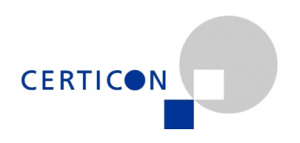Private data storage
6.01.2016Company: DELTA legal, advokátní kancelář s.r.o.
Our practice is becoming ever more digitized. Secure data exchange between recipients and their storage is very important. As lawyers work with confidential information (trade secrets, sensitive information, etc.), it is essential to ensure that client data is protected.
Free-mail servers obviously cannot be considered safe, as is clear from their terms and conditions. But even storing data at third-party data centres (cloud) can have several risks, e.g.:
- inability to exercise control over the data
- it is almost impossible to identify the country where the data are located. Some countries do not have client-attorney privilege rules;
- recent case law[1] led to the controversial conclusion that the data stored by third parties (outside lawyers’ offices) are not protected by the client-attorney privilege rules and state authorities have unlimited access without the supervision of the Czech Bar Association;
- misuse of data
- data protection against intentional misuse may be uncertain.
Attorneys and their clients increasingly use private data storage (private cloud) to store and exchange sensitive data. Data are stored in backed-up storage at the attorney’s offices and clients are allowed unlimited (24/7) access through the web. This solution has a number of advantages for clients, in particular as data are:
- under control
- data is stored directly in the lawyer’s offices, thus permitting client-attorney privilege;
- clients are aware of and approve the HW and SW solutions on the attorney’s side from the beginning;
- available and up-to-date
- documentation is in one place and accessible from anywhere;
- the client and the attorney can work with the latest version of the document at any time.
Private data storage is already used for leases, HR, corporate agenda, corporate secretarial services, and litigation. Every day we find new ways to use it.
Authors: Pavel Fára attorney, Jiří Absolon, attorney, DELTA legal
[1] Decision of the Municipal Court in Prague of 9 July 2016, file number Nt 615/2015.







